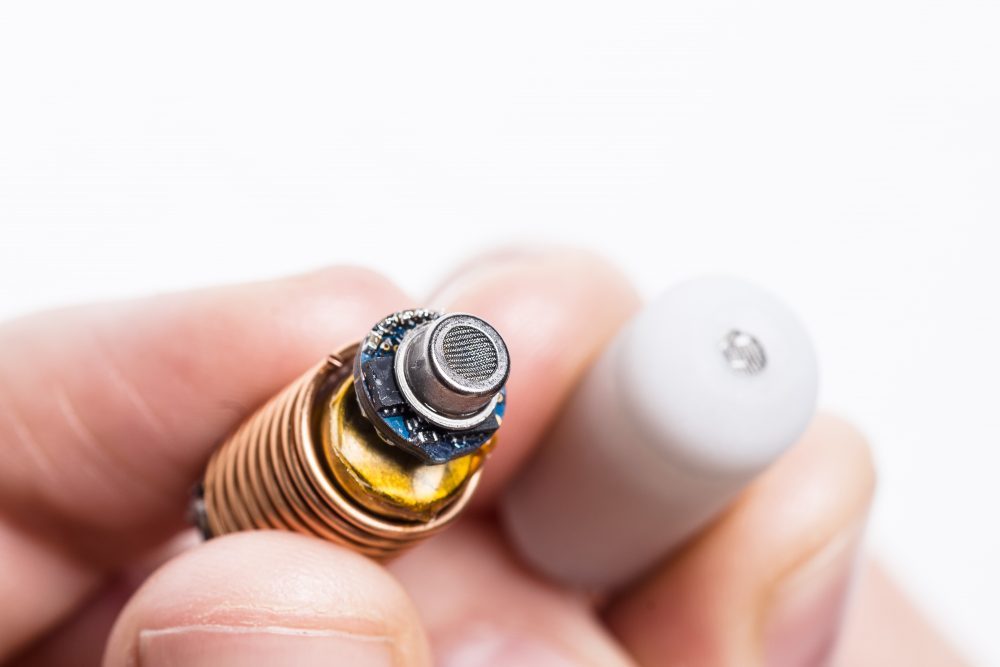The link between gut health and mental health is a well-known fact. Now, researchers at RMIT University (Royal Melbourne Institute of Technology University) in Australia have developed innovative swallowable sensors to illuminate dynamic systems of the gut for measuring previously hidden vital signs.
Findings from the first human trials suggest that they are safe. This breakthrough research could revolutionize the way gastrointestinal disorders are diagnosed, prevented, and cured.
This gas-diagnosing intestinal sensor is of the size of a vitamin pill. It detects and measures the levels of gut gases (oxygen, hydrogen, and carbon dioxide).
Kourosh Kalantar-zadeh, co-inventor of the sensor and lead on the study, said, “Previously, we have had to rely on fecal samples or surgery to sample and analyze microbes in the gut. But this meant measuring them when they are not a true reflection of the gut microbiota at that time. Our capsule will offer a noninvasive method to measure microbiome activity.”
“Trials showed the presence of high concentrations of oxygen in the colon under an extremely high-fibre diet,” says Kalantar-zadeh. “This contradicts the old belief that the colon is always oxygen-free. This new information could help us better understand how debilitating diseases like colon cancer occur.”







